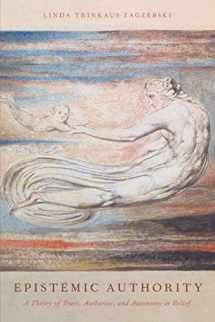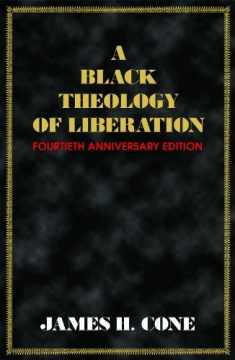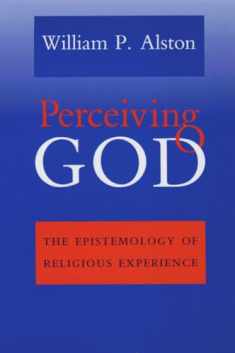
Epistemic Authority: A Theory of Trust, Authority, and Autonomy in Belief
Book details
Summary
Description
In this book Linda Trinkaus Zagzebski gives an extended argument that the self-reflective person is committed to belief on authority. Epistemic authority is compatible with autonomy, but epistemic self-reliance is incoherent. She argues that epistemic and emotional self-trust are rational and inescapable, that consistent self-trust commits us to trust in others, and that among those we are committed to trusting are some whom we ought to treat as epistemic authorities, modeled on the well-known principles of authority of Joseph Raz. Some of these authorities can be in the moral and religious domains.
Why have people for thousands of years accepted epistemic authority in religious communities? A religious community's justification for authority is typically based on beliefs unique to that community. Unfortunately, that often means that from the community's perspective, its justifying claims are insulated from the outside; whereas from an outside perspective, epistemic authority in the community appears unjustified. But as Zagzebski's argument shows, an individual's acceptance of authority in her community can be justified by principles that outsiders accept, and the particular beliefs justified by that authority are not immune to external critiques.


We would LOVE it if you could help us and other readers by reviewing the book
Book review





